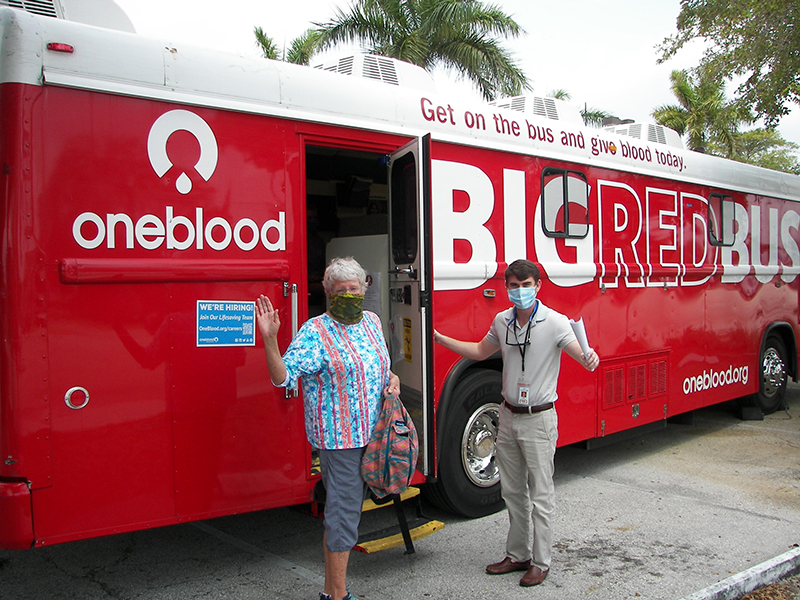A federal plan to help small businesses during the coronavirus pandemic could prove to be overly complex, but Rebel Cole, Ph.D., a finance professor in Florida Atlantic University’s College of Business, points out there are steps owners can take to improve their chances at securing relief.

The Paycheck Protection Program, part of the $2 trillion stimulus package signed by U.S. President Donald Trump last week, seeks to streamline the underwriting of loans to 30 million small businesses across the country by allowing applicants to complete a brief, two-page application and check boxes to verify the information they are submitting is truthful, according to Cole.
Lenders will charge applicants only 0.5 percent interest, but the loans can be forgiven if the businesses maintain 75 percent of their workers for two months and use the money for such expenses as payroll and rent. Self-employed owners can’t apply until April 10, though other small businesses can start applying today. (April 3).
Unfortunately, Cole predicts millions of small business owners won’t apply because they don’t know about the program or won’t understand the terms, including the forgiveness provision. Millions more likely won’t apply because they’re discouraged and expect to be turned down, according to Cole.
“This is a financial literacy issue,” Cole said. “I’d be surprised if even half of the 30 million owners get loans.”
Owners who intend to apply should contact their business bankers and find out what paperwork will be needed, said Cole, adding that owners should plan on submitting documentation on payroll and other qualifying expenses such as rent, as well as business tax returns for 2018 and 2019.
He also advises owners to plan their firms’ cash-flow needs for the next three months. If they have to stop paying the firms’ rent or mortgage, they should immediately contact their landlords or lenders and notify them that this is due to the pandemic. Owners who don’t know how to forecast cash flows should work with friends or relatives who do. Training is available through the Florida SBDC Network.
Cole said he’s encouraged that the program intends to streamline underwriting to prevent a huge backlog of applications.
“It might just work, but there are massive opportunities for fraud because of lack of formal underwriting,” he said. “I doubt that potential fraud is much of a priority right now. The critically important goal is to get the money out the door and into the hands of the small firms.”
Applications can be submitted through Small Business Administration lenders or federally insured banks and credit unions. Participating lenders can be found at sba.gov.













